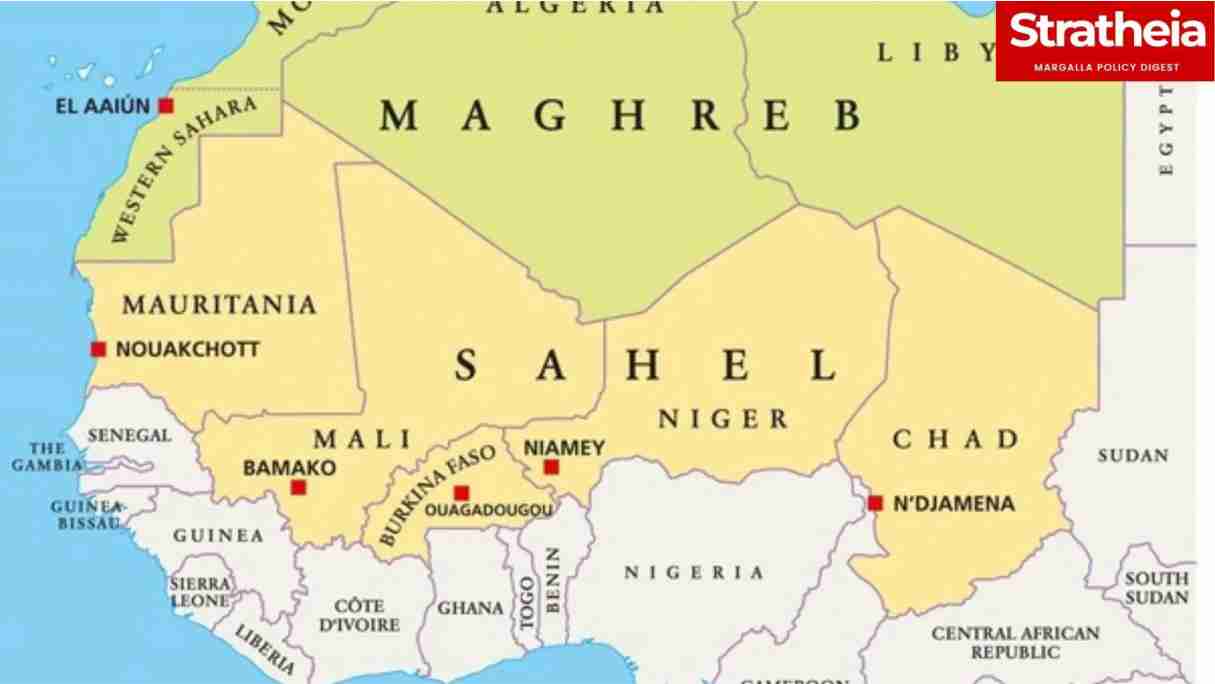Nigeria’s relationship with her Sahel neighbors is complex and multifaceted, with both cooperation and challenges. The Sahel region, which spans across several countries in West Africa, including Niger, Chad, Mali, and Burkina Faso, shares cultural, historical, and economic ties with Nigeria.
To move forward, Nigeria should consider the following ways to strengthen its relationship with its Sahel neighbors:
Enhance regional cooperation: Nigeria should continue to play an active role in regional organizations such as the Economic Community of West African States (ECOWAS) and the Sahel Alliance. This will facilitate cooperation on issues like trade, security, and infrastructure development.
Address security concerns: The Sahel region is plagued by terrorism, banditry, and kidnapping. Nigeria should work closely with its neighbors to share intelligence, coordinate security efforts, and address the root causes of these security challenges.
Promote economic integration: Nigeria should prioritize economic integration with its Sahel neighbors, including the development of regional infrastructure, trade facilitation, and investment promotion. This will help to create jobs, stimulate economic growth, and reduce poverty.
Foster cultural exchange: Nigeria should encourage cultural exchange programs with its Sahel neighbors, including educational exchanges, cultural festivals, and people-to-people diplomacy. This will help to promote mutual understanding, respect, and cooperation.
Address climate change: The Sahel region is vulnerable to climate change, with rising temperatures, drought, and desertification posing significant challenges. Nigeria should work with its neighbors to address these challenges, including the development of climate-resilient infrastructure, sustainable agriculture practices, and disaster risk reduction strategies.
By adopting a comprehensive and cooperative approach, Nigeria can strengthen its relationship with its Sahel neighbors, promote regional stability and prosperity, and address the complex challenges facing the region.
The Alliance of Sahel States: A New Vision for Regional Sovereignty and Integration
The Alliance of Sahel States (AES) is a confederation formed by Mali, Niger, and Burkina Faso on July 6, 2024, as a mutual defense pact following the 2023 Nigerien crisis and a series of coups in the region. These countries, formerly members of ECOWAS and now governed by juntas, aim to resist foreign intervention and neocolonialism.
The AES territories face security challenges from terrorist groups like ISSP, Jama’at Nasr al-Islam wal Muslimin, and separatist rebels in northern Mali. In 2024, the AES ended military ties with Western powers, replacing them with Russian mercenaries, notably the Wagner Group. Diplomatic tensions escalated with Ukraine over alleged support for Sahel rebels, leading to severed ties between Mali, Niger, and Ukraine. Sweden also cut aid and diplomatic relations with Mali.
The AES seeks to foster integration and development through shared resources, building energy and communication infrastructure, establishing a common market and monetary union, promoting industrialization, and investing in agriculture, mining, and energy. The bloc envisions evolving into a federal sovereign state and has taken symbolic actions like downgrading French language status and renaming colonial-era streets.
Economically, AES countries show promising growth in 2024, with Niger recording the fastest growth in Africa (9.869% GDP). To enhance integration, the AES is developing unified travel documents for its citizens, reflecting progress toward deeper regional cooperation.

By Ikechukwu Oyinatumba



